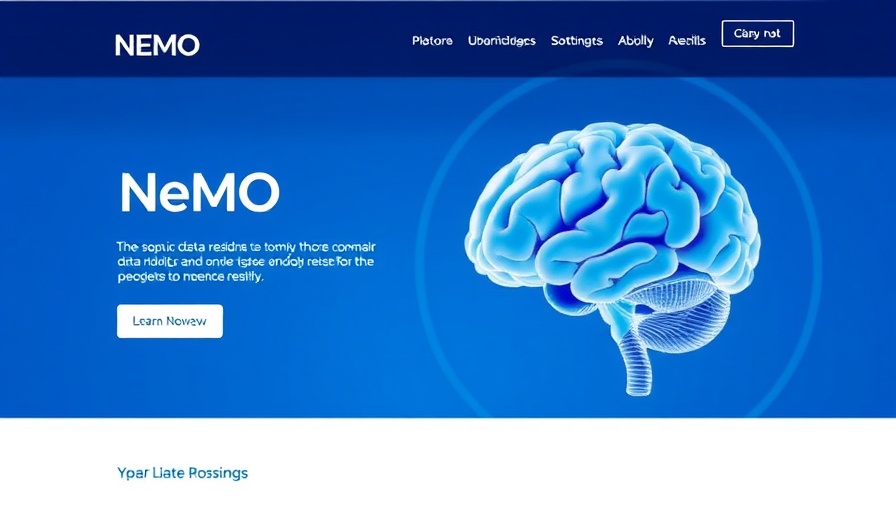
The Importance of Gender Identity Data for Mental Health Research
The recent review of U.S. human data repositories concerning gender identity descriptors raises critical concerns among researchers and advocates alike. With more than 34 archives, including the National Institute of Mental Health Data Archive, under scrutiny, the potential removal of gender identity information is deemed "incredibly disturbing" by experts like Joshua Gordon, former director of the NIMH. This change could hinder the ability to study vital correlations between gender identity and mental health outcomes, particularly as populations at risk, like those whose gender identity does not align with their sex assigned at birth, are already vulnerable.
Understanding the Risks of Data Removal
Removing gender identity data from scientific repositories could severely limit autism research and wider behavioral science studies. Research shows that individuals with gender nonconformity often face increased mental health challenges, including anxiety and depression, symptoms heightened for those within the autism spectrum. This intersection emphasizes the need for data that captures the unique experiences of diverse populations, ensuring effective support and interventions can be designed.
Historical Context: Past Lessons on Medical Research
Historically, the absence of comprehensive data has impeded progress in various medical fields, resulting in ineffective treatments and a lack of understanding of diverse patient populations. The removal of gender identity descriptors echoes previous mistakes where critical data was disregarded, adversely affecting those who rely on tailored therapeutic interventions. Past research within autism studies exemplifies how inclusion of varied data points—like neurodivergent traits or socioeconomic factors—has led to significant breakthroughs in understanding.
Implications for Future Research and Policy
The current conversation surrounding data compliance and gender identity reflects broader societal attitudes towards individuals across the gender spectrum. If policies mandate a reduction in essential data collection, the efficacy of autism clinical trials and related areas may dwindle. Researchers and practitioners advocating for early intervention cannot reliably develop strategies without robust data that reveals nuanced behavioral science insights. The timely inclusion of diverse perspectives is essential in driving impactful autism research and advancing cognitive therapy methodologies.
Weighing Perspectives: A Call for Ethical Awareness
While some may argue the push towards traditional gender classifications could streamline data collection, experts in the fields of neuroscience and mental health warn that ethical responsibilities necessitate a comprehensive approach. This ongoing review by the NIH presents an opportunity for a more nuanced conversation about what data is collected and who benefits from that knowledge. Advocating for diversity in research not only supports marginalized communities but also enriches our understanding of complex human behaviors.
As we ponder the changes in federal approaches to data handling, it is crucial for stakeholders, especially parents of autistic children, to stay informed and involved in these discussions. Ensuring that data representing all aspects of identity remains intact is vital not just for academic rigor but for the health and wellbeing of those impacted by these policies.
Learn More at Hypers for Home
 Add Row
Add Row  Add
Add 




Write A Comment